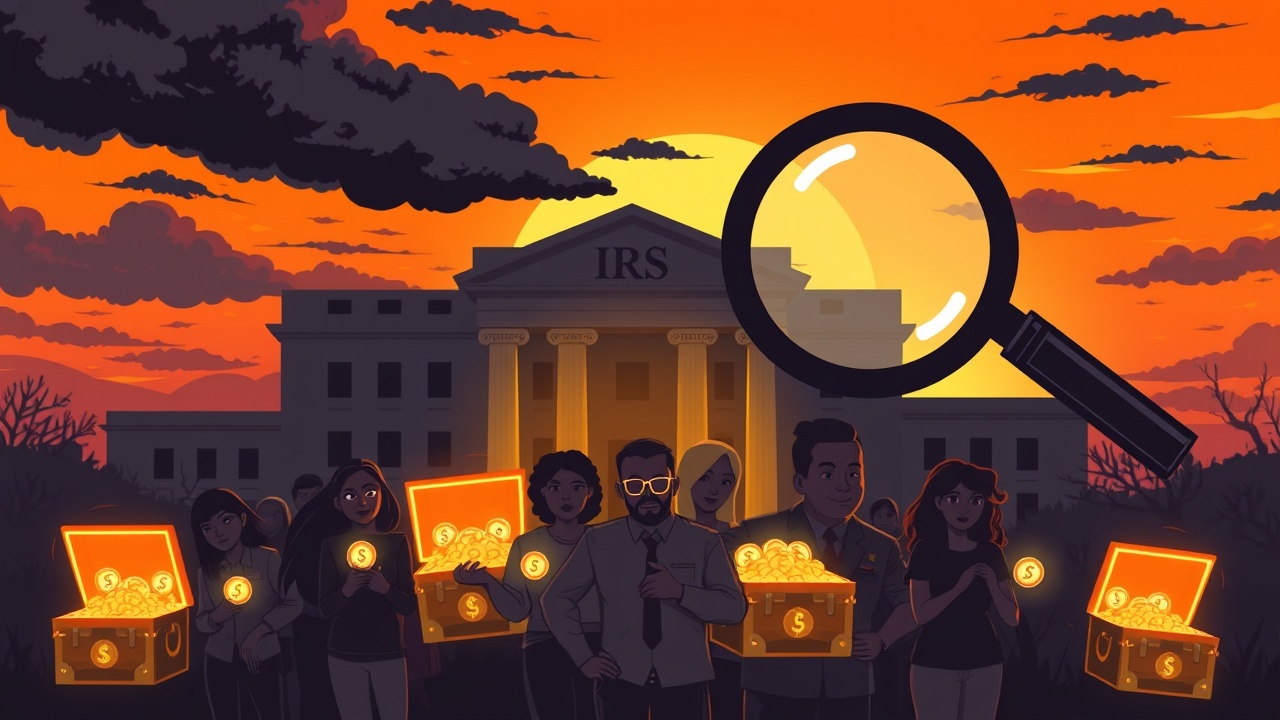New Tax Reporting Requirement for Cryptocurrency Traders
A warning has been issued to cryptocurrency traders, particularly those who operate without declaring their activities, regarding a new tax reporting requirement that will take effect in 2026. Clinton Donnelly, CEO of Crypto Tax Audit, emphasizes that the upcoming Form 1099-DA will mark a significant transformation in the way digital assets, including cryptocurrencies and non-fungible tokens (NFTs), are taxed and monitored by the Internal Revenue Service (IRS).
Obligations for Brokers
Starting in 2026, brokers such as cryptocurrency exchanges, wallet services, and payment processors will be obligated to provide Form 1099-DA to both the IRS and their clients, detailing transactions involving digital assets. This form will capture critical data, including:
- Gross proceeds from sales
- Cost basis
- Acquisition dates
- Specifics about the type and quantity of assets
The aim is to boost transparency and ensure better tax compliance within the crypto sector.
Proactive Measures for Traders
With the introduction of this form, it’s essential for traders to take proactive measures. Donnelly notes that individuals who sell or transfer cryptocurrencies via U.S.-connected centralized exchanges will receive this form, which will include information about each transaction as well as relevant wallet addresses. Even if cryptocurrencies initially purchased on these exchanges are later moved to hardware wallets, the IRS will still receive information about those wallet addresses.
“The IRS may not specifically link these addresses to your identity, but they will know they are associated with your transactions,” warns Donnelly.
As a result, the agency will be able to build a comprehensive profile of a trader’s crypto portfolio by analyzing wallet connections and transaction patterns across various blockchain networks.
Self-Reporting and Compliance Risks
Donnelly advises traders to preemptively self-report their transactions using their cost basis to avoid the risk of the IRS assuming that they are realizing full profits subject to tax. Failing to report could lead to an automated CP2000 notice from the IRS, indicating that the agency has calculated the taxes due based on incomplete information—leaving the trader responsible for settling the owed amount. Recent reports have indicated that the IRS is ramping up the issuance of CP2000 notices to crypto users, suggesting a larger enforcement initiative is underway.
Importance of Accurate Reporting
In a tweet posted on July 15, Donnelly stresses that reporting, even if traders do not agree with the specifics of the 1099-DA, is crucial to avoid being flagged for underreporting. Tips shared by Donnelly highlight how users of single exchanges—like Coinbase—are in a favorable position, as these platforms will automatically track and report their cost basis, similar to traditional stock brokers. However, for those trading across multiple platforms, he recommends diligently keeping track of their cost basis and preparing for a potentially complex filing process.




